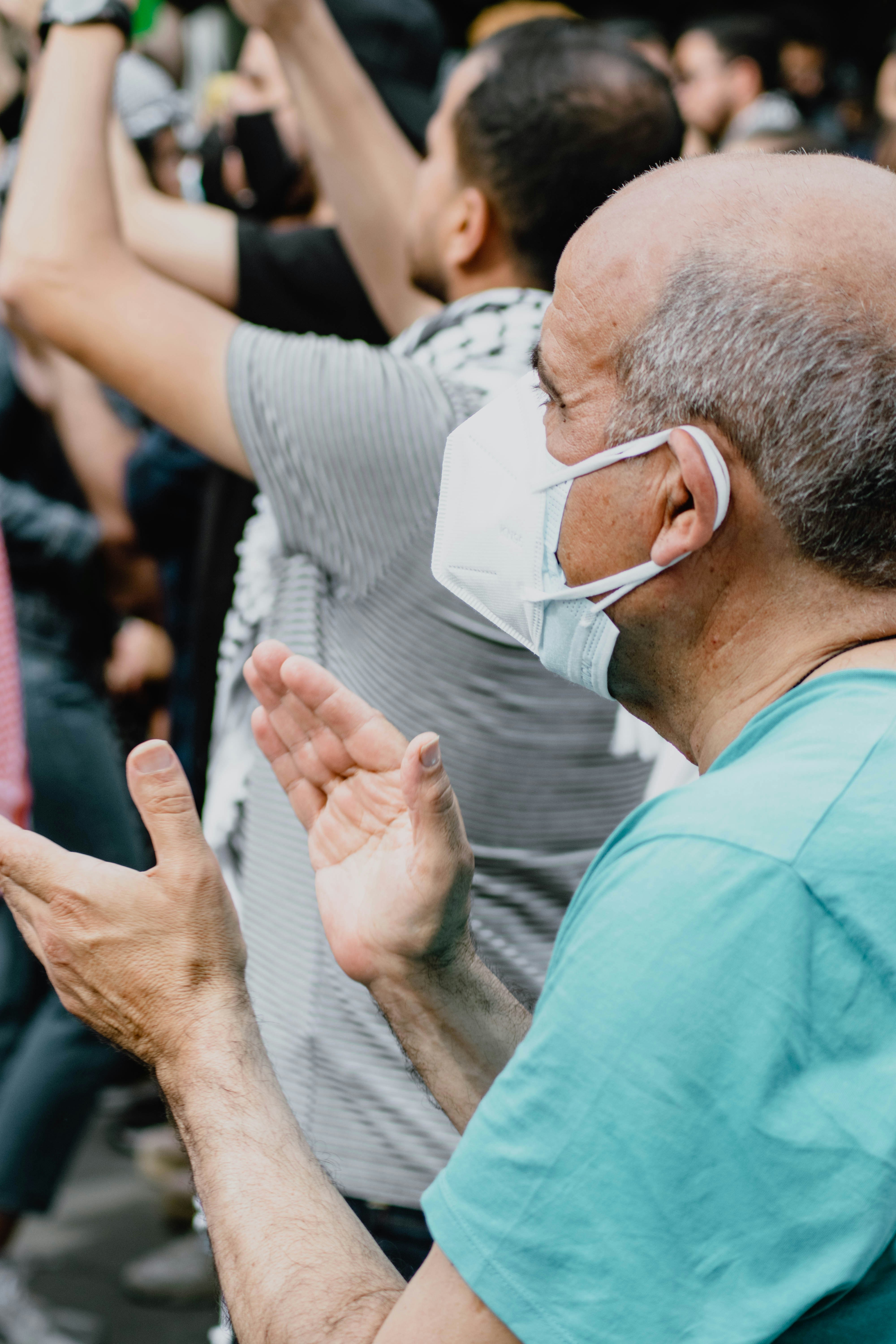
Israel and Hamas – Nov. 3
This week in Asia, the political impact of the Israel-Hamas conflict has come into the spotlight. The war and the hostage crisis have sparked additional protests, especially in Southeast Asia, and are impacting the US-Malaysia relationship. Singapore is proactively rolling out measures to avoid any possible clashes or protests.
China’s role and influence in the Middle East region continue to face questions. In India, the response to the conflict is indicating a shift in the political landscape. Moreover, the media is facing a struggle to access accurate information and reduce the risk of misinformation.
- Humanitarian effort. Indonesia’s government has said it is ready to send humanitarian assistance to Gaza via Egypt. Japan’s foreign minister heads to Israel to urge a humanitarian pause. The country’s Self-Defense Force has evacuated Japanese and other citizens from Israel to Jordan.
- The conflict and hostage situation has sparked additional protests in Asia. 23 Thai workers, 10 Nepali students, and four Filipinos were killed in the October 7 attack. An additional 29 Thai citizens one Nepali citizen and are believed to have been taken hostage. The hostage situation has heightened awareness in Thailand about the large number of Thai workers present in Israel, turned many Thais hostile to the Palestinian cause and sparked protests.
- In the Philippines, protesters demonstrated in front of Israel’s Embassy after the Philippine delegation to the United Nations abstained from a resolution calling for a humanitarian truce in Gaza. However, the government maintains its position is justified as it wants the resolution to explicitly mention the October 7 attack caused casualties including the killing of Filipino workers.
- US-Malaysia relations get tested as the countries take different stances on the conflict. The US has made three formal requests to Malaysia to reverse its official position of refusing to label Hamas a terrorist organization. However, Malaysia, which has been the most vocal supporter of the Palestinian cause in Southeast Asia, has said it will continue to defy US pressure. A Korean American K-pop star cancels his Kuala Lumpur concert over threats for liking posts related to the conflict.
- Tensions and worry over conflict’s impact on harmony in Singapore. In an unusual step, the Singapore government has issued a warning to foreigners not to use the country to further political causes amid the Israel–Hamas conflict. A religious advisory to guide Muslims in their response to overseas conflicts is being developed by the Office of the Mufti, under the Islamic Religious Council of Singapore (Muis). However, following a ban on public rallies related to Israel-Palestine, local activists are mobilizing online to demonstrate solidarity for the Palestinian cause.
- China assumes the UN Security Council presidency. China has said the situation in Palestine and Israel will be its top priority as the country assumes its presidency in November. However, there has been an increase in commentary on China’s role as Beijing avoided calling Hamas terrorists despite the Chinese being among the victims of the attack. The government in China had to provide clarification after Israel disappeared from China’s online maps.
- Media outlets are facing unprecedented challenges in their coverage of the Israel-Hamas war. Conflicting propaganda, social media pressure, lack of foreign media access to Gaza and charged public opinions require them to exercise extreme caution at a complex and polarizing time. All this is making it hard to get accurate information and to do extensive checks to prevent misinformation.
For additional counsel on geopolitical matters, please contact your
Weber Shandwick client service team or get in touch
- The content of this news bulletin is a summary of publicly available news articles on events and developments related to Asia Pacific business sectors
- The views and opinions reflected by these headlines do not necessarily represent those of Weber Shandwick


